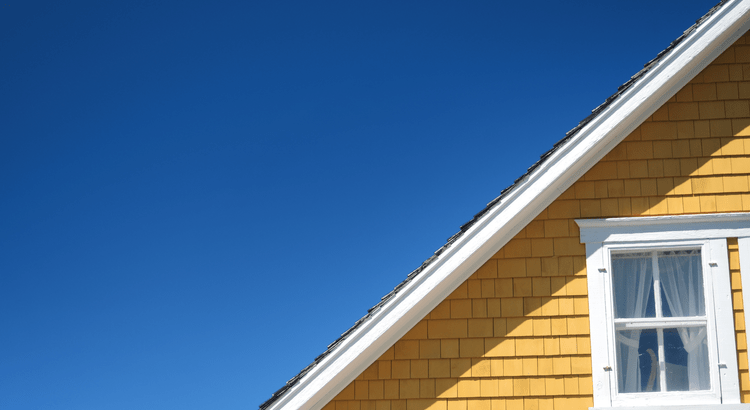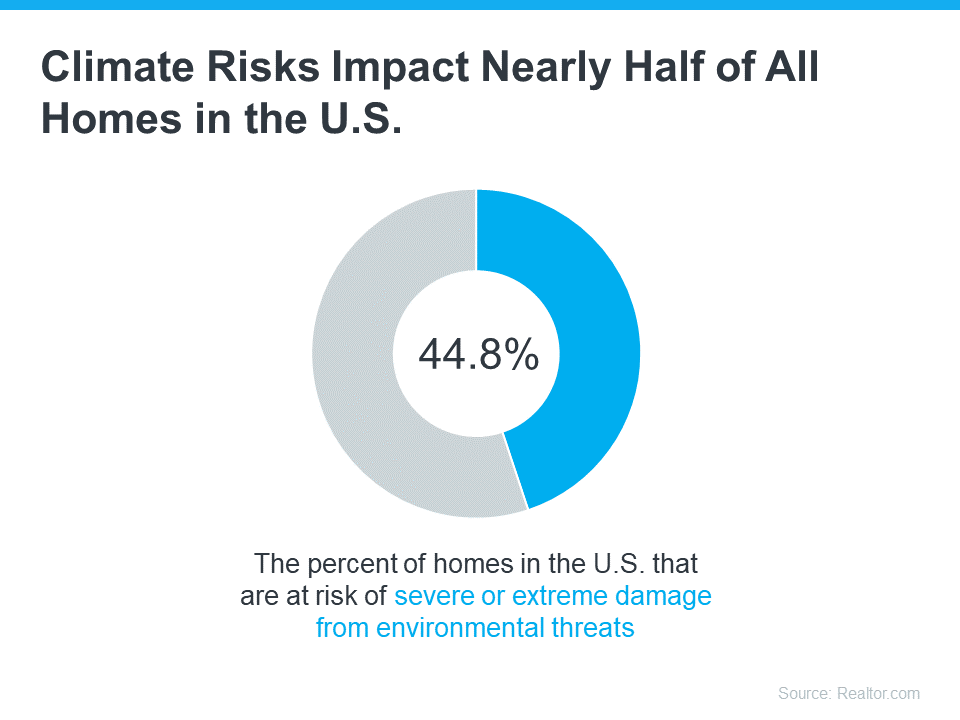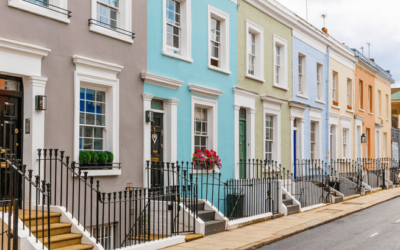
“Climate risks impact nearly half of all homes in the U.S.”
Climate change is impacting where people buy homes. As the experts at the National Association of Realtors (NAR) explain:
“Sixty-three percent of people who have moved since the pandemic began say they believe climate change is—or will be—an issue in the place they currently live.”
If you’re planning to move, climate change is something you might want to consider, no matter where you are. A recent study from Realtor.com helps put the growing impact climate change is having on real estate into perspective (see below):
So, how can you be sure your investment is safe from the elements?
For starters, work with a local real estate agent to understand the likelihood of your future home being exposed to hazards like wind, floods, and wildfires. Your agent will know the area and be able to tell you about the risks you’ll most likely face.
Beyond that, there are two important factors to think about: the quality of the home you want to buy and the insurance you’ll need to protect it.
A Home Built to Last
If you’re planning to be in your home for many years, you want to know it’s going to last. One way to think ahead is to work with your real estate agent to ensure the home you buy can withstand environmental hazards. They’re up to date on the most common building and remodeling techniques—like a secondary water barrier on the roof or noncombustible, fire-resistant exterior walls—used to protect homes from the effects of climate change.
And if the home you’re interested in doesn’t have the features you’re looking for, they can help you determine what you may be able to negotiate in the contract or what work it might require in the future.
Insurance To Protect It
Once you’re confident the home you’re looking at is well built, the next step is finding out what it’s going to take to insure it. As Selma Hepp, Chief Economist at CoreLogic, says:
“. . . homeowners are going to become increasingly more aware of risks of living in some areas as it becomes prohibitively expensive or very difficult to obtain hazard insurance.”
In areas where climate risks are having a bigger impact, the right home insurance can make a big difference. And the price of that insurance is an important factor when thinking about your budget and the true cost of buying and protecting your home. Get an insurance quote early in the process because you may want to compare multiple quotes and it can take several weeks to get them.
While this may feel like a lot to consider, don’t worry. An agent can help. Your real estate agent will be your go-to resource on the homebuying process, what to look for and consider, and how climate change may affect your next home. With the right planning and an agent’s expert advice, you can make this happen. Homeownership is worth it. And with a great agent by your side, you can make sure the home you find is the right fit.
Bottom Line
Climate change is an important factor to think about when buying a home. After all, your home is a huge investment, and you want to be ready for anything that might affect it. Let’s chat so you can find the perfect home.
To view original article, visit Keeping Current Matters.
Why Working with a Real Estate Professional Is Crucial Right Now
A real estate expert can carefully walk you through the whole real estate process and advise you on the best ways to achieve success.
Why Moving to a Smaller Home After Retirement Makes Life Easier
As you approach retirement, its important to think about whether your current home still fits your needs.
Why Your Asking Price Matters Even More Right Now
Accurate pricing depends on current market conditions – and only an agent has all information necessary to price your home correctly.
Not a Crash: 3 Graphs That Show How Today’s Inventory Differs from 2008
Inventory levels aren’t anywhere near where they’d need to be for prices to drop significantly and the housing market to crash.
Real Estate Still Holds the Title of Best Long-Term Investment
Homeownership has long been tied to building wealth—and for good reason.
What To Do When Your House Didn’t Sell
If you want an expert’s advice on why your home didn’t sell, rely on a trusted real estate agent.








.jpg )



